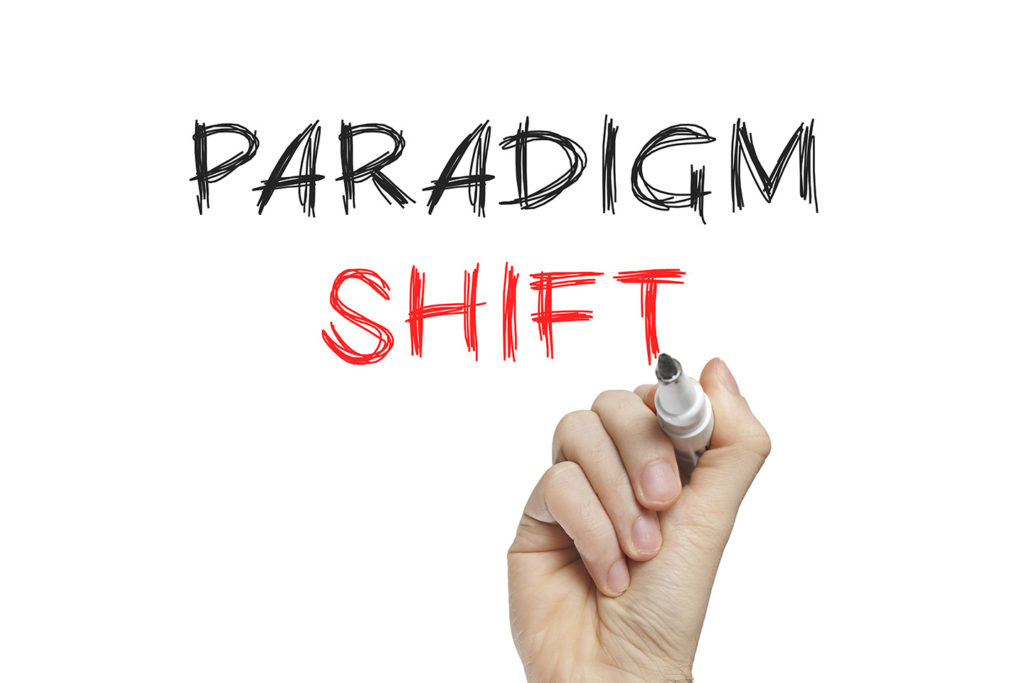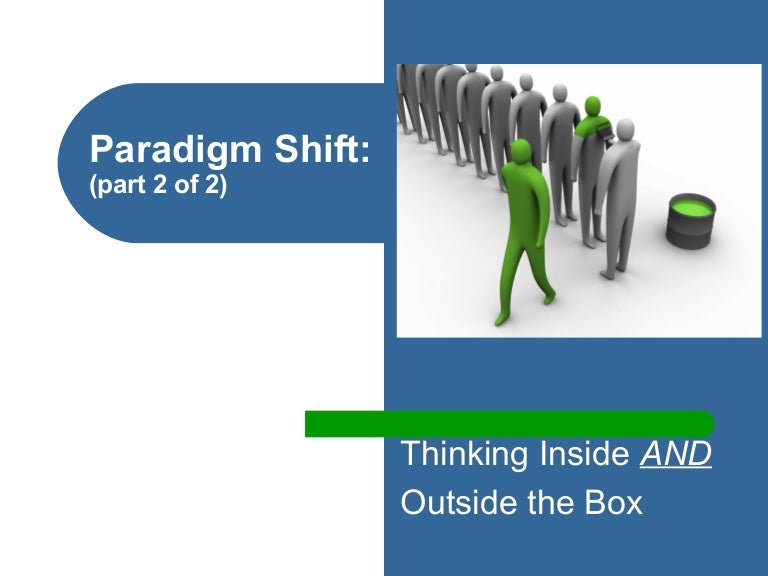
Thus, within normal science, the paradigm is the set of exemplary experiments that are likely to be copied or emulated.

how is an experiment to be conducted, and what equipment is available to conduct the experiment.how the results of scientific investigations should be interpretedĪlternatively, the Oxford English Dictionary defines paradigm as "a pattern or model, an exemplar." Thus an additional component of Kuhn's definition of paradigm is:.how these questions are to be structured.

the kind of questions that are supposed to be asked and probed for answers in relation to this subject.However, in his book The Structure of Scientific Revolutions Kuhn defines a scientific paradigm as: Kuhn himself came to prefer the terms exemplar and normal science, which have more exact philosophical meanings. Historian of science Thomas Kuhn gave this word its contemporary meaning when he adopted it to refer to the set of practices that define a scientific discipline during a particular period of time. Main articles: Paradigm shift, Sociology of knowledge, Systemics, Commensurability (philosophy of science), and Confirmation holism The Merriam-Webster Online dictionary defines it as "a philosophical and theoretical framework of a scientific school or discipline within which theories, laws, and generalizations and the experiments performed in support of them are formulated broadly : a philosophical or theoretical framework of any kind. In linguistics, Ferdinand de Saussure used paradigm to refer to a class of elements with similarities.

Initially, the word was specific to grammar: the 1900 Merriam-Webster dictionary defines its technical use only in the context of grammar or, in rhetoric, as a term for an illustrative parable or fable. Since the late 1960s, the word paradigm ( Template:IPAEng) has referred to thought pattern in any scientific discipline or other epistemological context. 4 Paradigm as the "Gestalt of a Weltanschauung".


 0 kommentar(er)
0 kommentar(er)
